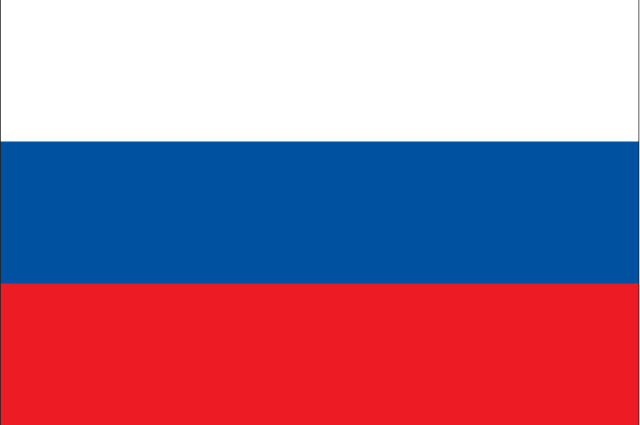Russia: further gas cuts through Ukrainian pipelines
 Moscow - Russian Prime Minister Vladimir Putin on Monday gave the go-ahead to further cut gas to Ukraine by 65.3 million cubic metres per day - the amount Moscow says Kiev is stealing from European clients further downstream.
Moscow - Russian Prime Minister Vladimir Putin on Monday gave the go-ahead to further cut gas to Ukraine by 65.3 million cubic metres per day - the amount Moscow says Kiev is stealing from European clients further downstream.
Gazprom chief executive Alexei Miller proposed the measure while briefing Putin on the standoff since the company shut off supplies to Ukraine on January 1 over non-payments and a pricing dispute.
"Good, I agree. Lets begin the cuts from today," Putin was quoted by news agency Interfax as saying at his residence outside Moscow.
Miller said Gazprom would instead increase gas deliveries to Europe through Belarus and its Blue-Stream pipeline under the Black Sea.
He added such measures were being taken because Ukraine had prevented independent observers from inspecting gas compressor stations on its territory.
Putin warned in a New Year's Eve address before the breakdown of negotiations on a new contract for gas between Moscow and Kiev that Ukraine would face "dire consequences" if it shirked its gas transit obligations to European clients.
The news came after Russia accused Ukraine on Monday of refusal to ship additional volumes of Russian gas via its pipelines as the deepening dispute over gas transit tariffs and pricing caused threatened supplies to European customers.
Russian gas makes up one quarter of the European Union's needs, 80 per cent of which travels through Ukraine.
The new cuts would lower supplies transiting through Ukraine to some 250 million cubic metres per day.
By end of Monday there was no sign of negotiations restarting in the deadlock. Instead, both parties threatened to bring their complaints to European courts.
They also grew more vociferous, redoubling efforts to lobby the European Union to support their position as that body sent a fact- finding mission to Kiev in a bid to clarify and anticipate impacts to European consumers.
In answer to Gazprom's claim that Ukraine stole over 25 million cubic metres of gas intended for European customers from Sunday to Monday, Ukraine's courts annulled its transit agreement with Gazprom.
It ruled the contracts lasting until 2010 invalid because they had been signed by an official from the state-controlled firm Naftogaz, who was not authorized by the government to agree to such deals.
Russian gas flows to at least seven EU members saw pressure decreases and drops in supplies since Gazprom stopped deliveries of gas to Ukraine on January 1.
Earlier, Gazprom said Ukraine had closed a way station providing gas to the Balkans.
"I can't predict how long we will be able to cope with the current volume received, but ... the situation is worrying," Dimitar Gogov, head of Bulgarian state gas monopoly Bulgargaz, was quoted by news agency Itar-tass as saying. Supplies to the country dropped by 15 per cent, Bulgargaz said.
Poland, Romania, Hungary, the Czech Republic and Slovakia also reported fluctuations and pressure drops of up to 30 per cent in gas pumps, but all said they had enough gas to meet demand.
The Hungarian minister responsible for energy matters said late Monday that Ukraine had informed the Hungarian government of its intention to reduce gas flow to Hungary by almost a quarter.
Speaking to the press after meeting with the prime minister, Csaba Molnar said a large portion of that gas was earmarked for Serbia and Bosnia. He warned that deliveries to those countries might be affected if Ukraine goes ahead with the reduction.
In Brussels, a European Commission spokesman told journalists in Brussels there was "no immediate danger to supplies to European citizens."
Following meetings in Paris on Monday, Gazprom's deputy chairman Alexander Medvedev reaffirmed pledges to meet commitments "by any means" to European customers.
The EU is heavily reliant on Russian gas, which passes through Ukrainian pipelines for its energy needs. In early 2006, a similar Russo-Ukrainian dispute caused disruptions and price spikes across much of Europe.
Feeding the stand-off are long-simmering political tension between the two post-Soviet neighbors.
Moscow resents moves by Ukraine's pro-Western leadership to join NATO and its support for Georgia during that country's war with Russia in August. (dpa)